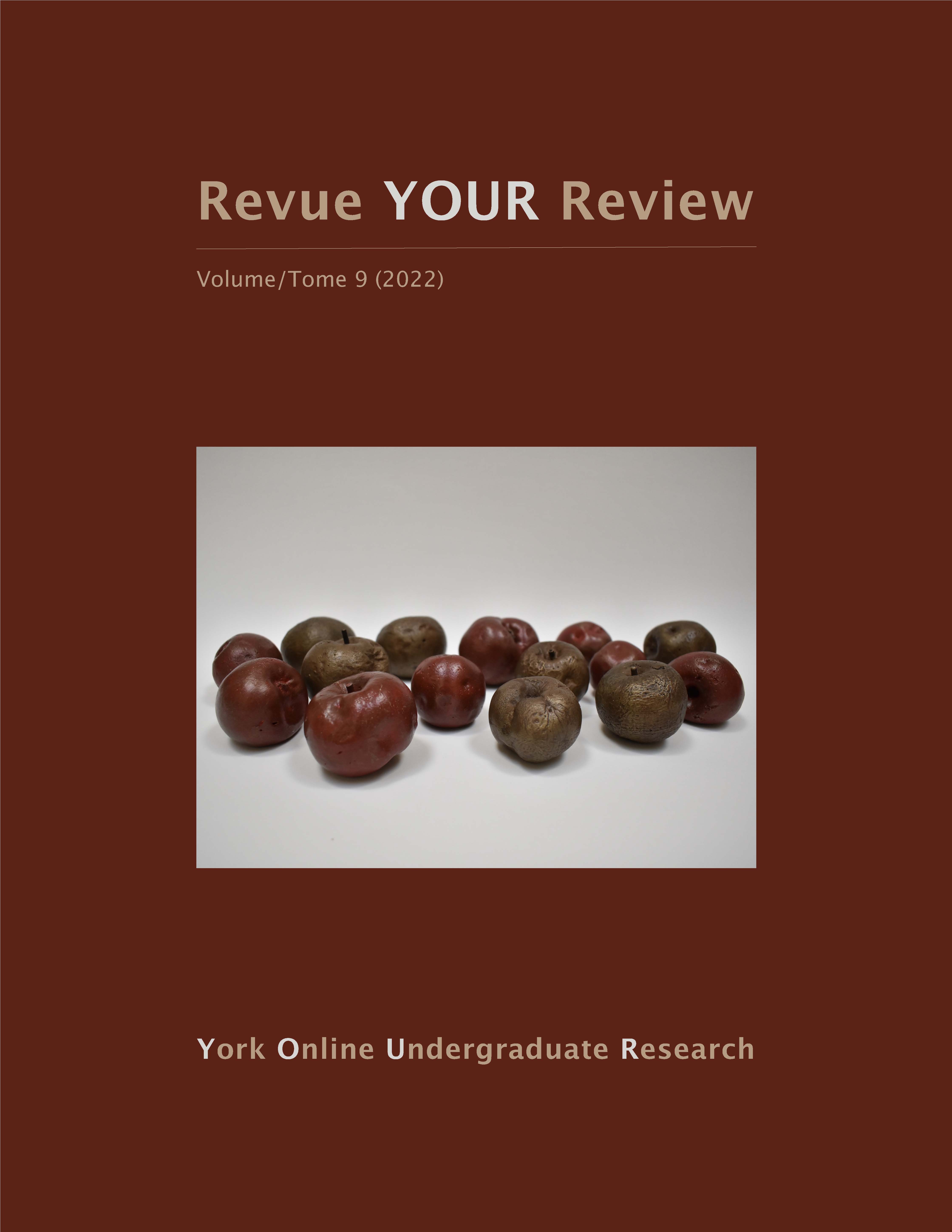Devaluation of Women’s Labour in Food Systems and Feminist Resistance
Abstract
The introduction of global markets has seen the rise of multinational corporations. This has allowed trade to flourish globally and enabled the transport of regional products all over the world. Critics have drawn attention to the many issues that come with this contemporary global landscape. This research argues that multinational corporate interests perpetuate and reinforce existing gendered differences in agricultural and food systems. These differences relate to the continued devaluation of women’s labour in the production of food as well as the maintenance of gendered care-work in the household. These corporate interests also contribute to increasing concentrations of wealth inequalities which put more money in corporate hands at the expense of farmers. This project conducted a critical literature review to analyze the marginalization of women’s labour in and outside of the site of food production, the key components of a corporate body, and the ways in which feminist resistance occurs in opposition to corporate interests. The findings reveal that the labour of women is continually marginalized and devalued at all levels of production and manufacturing, and that women are among the most negatively impacted by corporate interests in cheap labour.
Downloads
Published
How to Cite
Issue
Section
License

This work is licensed under a Creative Commons Attribution-NoDerivatives 4.0 International License.
Authors contributing to Revue YOUR Review agree to release their articles under one of three Creative Commons licenses: Creative Commons Attribution 4.0 International; Creative Commons Attribution-NonCommercial 4.0 International; or Creative Commons Attribution-NoDerivatives 4.0 International. All editorial content, posters, and abstracts on this site are licensed under Creative Commons Attribution-NoDerivatives 4.0 International. For further information about each license, see:
https://creativecommons.org/licenses/
In all cases, authors retain copyright of their work and grant the e-journal right of first publication. Authors are able to enter into other contractual arrangements for the non-exclusive distribution of the e-journal's published version of the article (e.g., post it to an institutional repository or publish it in a book or in another journal), with an acknowledgement of its initial publication in this e-journal.


